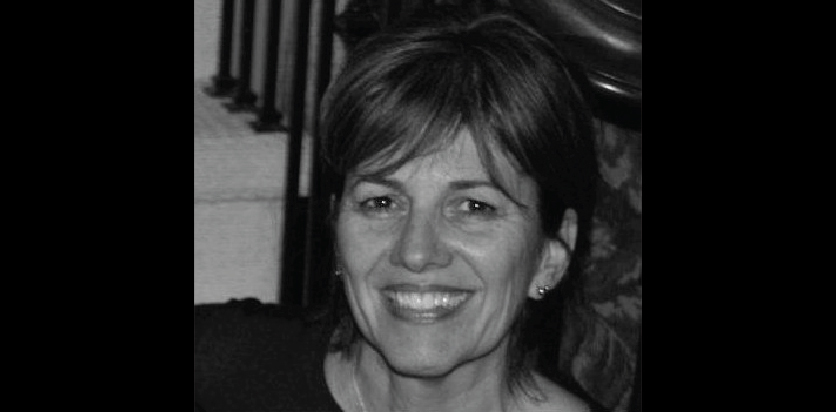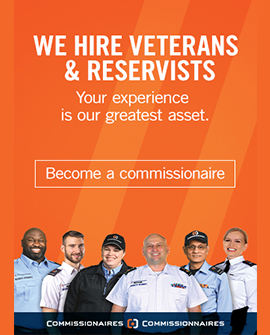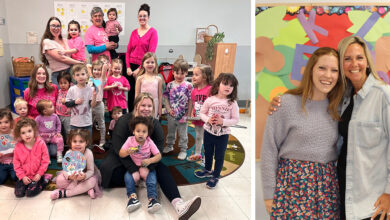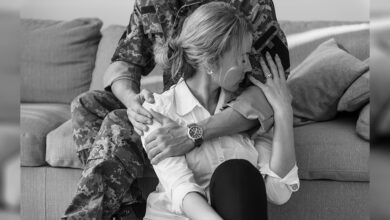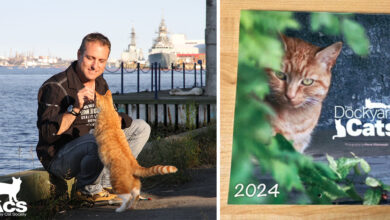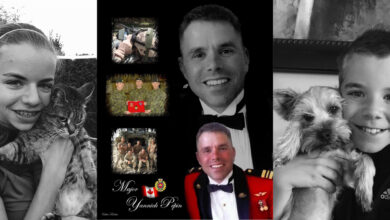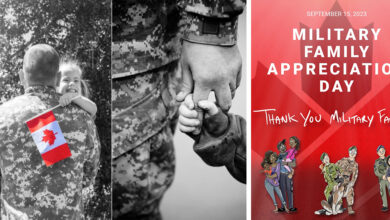CF Families
Military mom creating military family friendly communities
Doctor Gail Wideman is not only a professor at Memorial University, she is also a military mom armed with the ambition and know-how to make a difference in the lives of CAF members. Using her expert skills in the field of social work, Wideman is devising a plan, entitled “We Stand on Guard,” to create military friendly communities.
Wideman recalls it was no surprise when her son announced his decision to join the Army at the age of 19 in 1999.
“I’ve observed that he’s really thrived in the military. The training he’s received is outstanding, and it’s been an incredible opportunity to advance in a career he’s really appreciated,” said Wideman.
Currently, he serves as physician’s assistant in Ottawa.
However, as a military mom, Wideman felt helpless to support her son in the career he’d chosen for himself, a fact she felt when he was deployed to Afghanistan.
“On the one hand, just being so proud of the work he’s doing, so worried about the context of the situation there and so uncertain, again this uncertainty as to how we can be supportive,” explained Wideman.
Over the years, it’s a feeling she’s persistently noticed, a feeling of being on the margins.
“And that’s sort of a good and bad news situation. I’m marginalized because he has a such a good support network around him and I appreciate that, and I think that it’s critical that that’s there for him. But on the other hand, I had felt concerned that when he transitioned to civilian life how would it be for him to not have that network,” said Wideman.
This became the driving factor behind her initiative “We Stand on Guard: A Research Initiative in Support of the Canadian Armed Forces Family in Newfoundland and Labrador.”
With a specific background in community development, community capacity building and engaging community members in policies and programs relevant to them, Wideman hopes this initiative will lead to military family friendly communities.
“I have been working toward bringing local military and civilian service providers together with researchers in a loosely structured research alliance that will generate opportunities for my colleagues across disciplines to build knowledge related to the health of military personnel, Veterans, and their families,” explained Wideman.
She is also working with a local practitioner and evaluating their equine facilitated practice program for veterans.
The program is still in its initial stages, but Wideman is working to lay down the groundwork and lock-in commitments from the CAF, the local community, and Memorial University.
“But now we need to take that to the next level and really see what we can do with that communication,” noted Wideman.
Overall, Wideman hopes that once the program takes off it can help military members, like her son, receive the proper support when they deploy or transition into civilian life.
“In no way do I want to supplant the ‘brotherhood’ – I’ve seen it in action and thank God that it exists for my son – I do however believe that through interdisciplinary dialogue and multi-sector engagement we can build that emphatic circle of care and support on the ground at home,” said Wideman.


